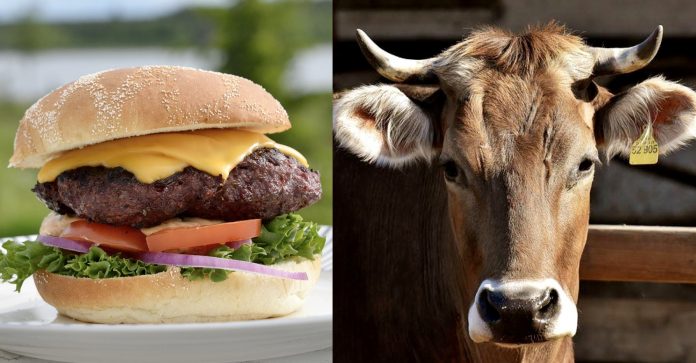
New Report Reveals That 70% Of Americans Rarely Discuss The Environmental Impact Of Their Food; This Must Change!
By WAN
You can help all animals and our planet by choosing compassion on your plate and in your glass. #GoVeg

You can help all animals and our planet by choosing compassion on your plate and in your glass. #GoVeg